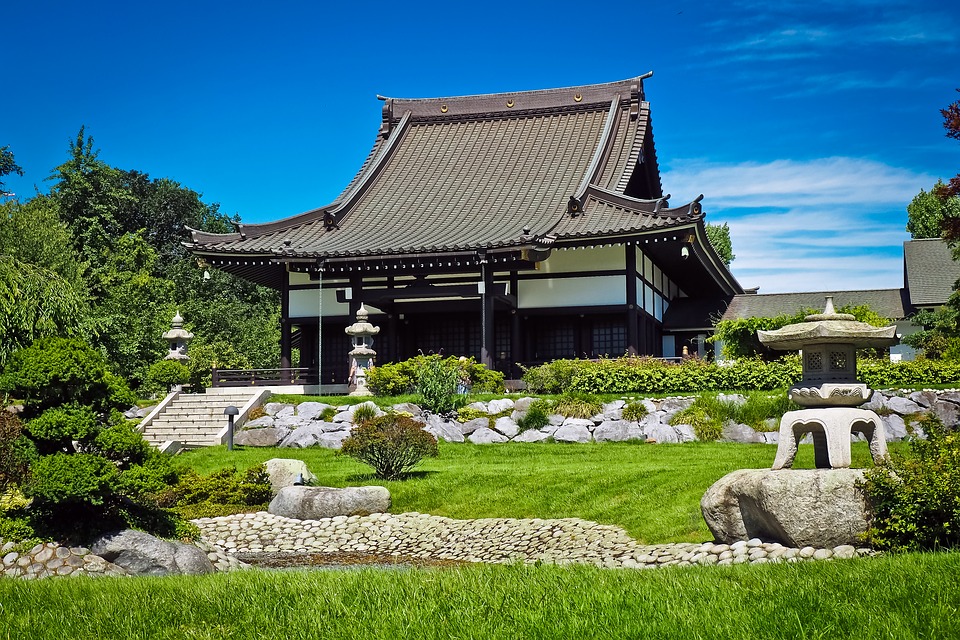Nadia like me finds it difficult to keep abreast with all the stuff that lands in her home and accumulates like bills, books, magazines, used ballpoint pens, entrance tickets, clothes, gadgets, free offers, electronic and sports accessories. At the same time both of us want to spend minimum time house-keeping. There are so many things we prefer to do indoors and outdoors, like trying out new recipes, doing arts and crafts, watching a film, going to a conference or a concert, hiking, meeting friends or doing nothing. This summer when I visited Nadia during the holidays something had changed in her flat. The clothes in the drawers and cupboards were folded so that their different colours and designs appeared side by side, transforming them into elements of a Cubist work of art.
What had happened? Inspiration had come from a book, The Life-Changing Magic of Tidying Up: The Japanese Art of Decluttering and Organising, by Marie Kondo. For Kondo things shouldn’t be treated as things. We thank and say goodbye to those we no longer love and take good care of those we keep. We show gratefulness for the job they accomplish for us, for instance, giving our handbag a rest after a hard day’s work by emptying it and putting it in a special place to rest for the night. We fold clothes in such a way that they will be comfortable in the drawer, making sure that none eclipses another.
Kondo’s personification of things seems bizarre at first, but when we remember that our civilisation defines itself as the consumer goods society, where objects sit enthroned at its very heart, treating them in a thoughtful, respectful way starts to make sense. At the same time, Marie Kondo brings consumerism to a paradoxical conclusion, that less is more.
Kondo’s book has been a bestseller in Japan, which is experiencing a minimalist movement. According to Japanese environmental journalist, Junko Edahiro, people’s value systems are changing. An increasing number of people define happiness as coming from personal relationships, engagement with nature or involvement in subsistence agriculture. “Minimizing spending and still leading a fulfilling life – this kind of mindset has already seeped into Japanese society,” says Tomoki Inoue, who researches consumer behavior. A poll on people’s lifestyle conducted by the Japanese government’s Cabinet Office confirms that a growing number of Japanese value spiritual richness over material abundance. In addition, the Japanese are choosing to have fewer children. For Edahiro, these changes are happening as people assimilate the connection between our excessive consumption and the plight of the natural world.
Once more, the alarm sounded in autumn 2017 with the document “World Scientists’ Warning to Humanity” endorsed by over 15,000 scientists from 184 countries. It enjoins people to drastically diminish their consumption and curb their reproduction to prevent widespread human and non-human misery in the not so distant future. It also reminds us that Earth is our only home in the vast Universe. So shouldn’t Japan’s minimalists be celebrated as the heralds of a new civilisation aware of Earth’s limits?
The problem, we are told, is that the stability of contemporary societies is built on the premise of growth, causing economists and policy-makers to take a negative view on consumer downsizing as encapsulated in this title from Fortune Magazine, “Why Japan’s Thrifty Millennials Are a Bad Omen for Its Economy”.
In summary, we have on the one hand, scientists insisting that the biosphere is being gravely disrupted by our excesses; on the other hand economists telling us that if growth stops, the economy collapses. So what is the civically minded citizen to make out of this?
Edahiro believes Japan should work to create a model for other countries of a beautiful, smaller, happy society. Yes, happy. According to Edahiro, the root of the environmental problems lies in the question of happiness, because the ultimate justification of consumerism which is tied to the growth economy is to bring happiness. But now the Japanese are showing that we can find ways to be happy that don’t have to cost the Earth.
So the ball is in the court of those who cling to the conventional business model whom Edahiro compares to the Luddites, those 19th century English craftsmen who campaigned to demolish the new machinery that would make them lose their work and destroy their way of life. This model that takes the GDP as the measure of a nation’s success counts for zero what Japanese minimalists cherish, whereas it measures positively those things Marie Kondo invites us to get rid of. It is high time to apply her method to the concepts of GDP and growth, thank them for services rendered and say goodbye to them.
If concerned scientists are really serious about their warning, they should be begging, entreating, imploring policy-making economists who hold the biosphere in their hands to adopt economic arrangements centred on care for the planet as a whole. Meanwhile I’m starting my own quiet revolution sorting out my drawers and cupboards.





